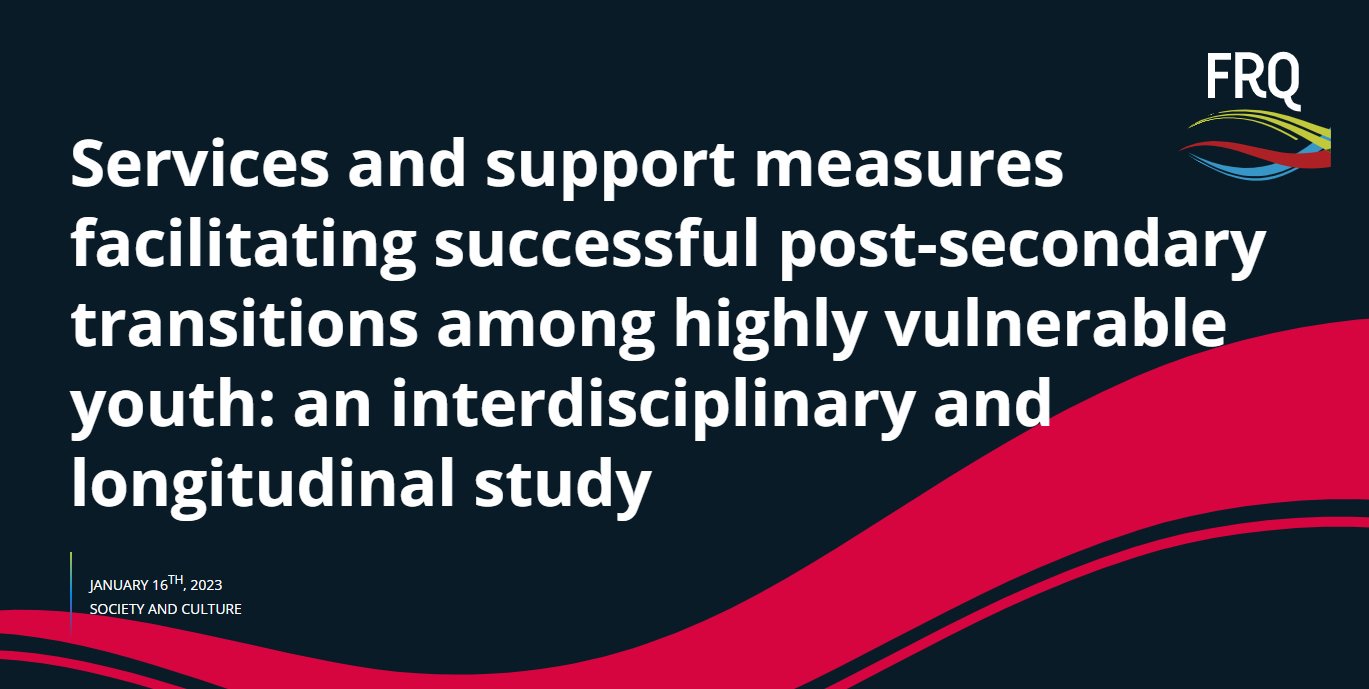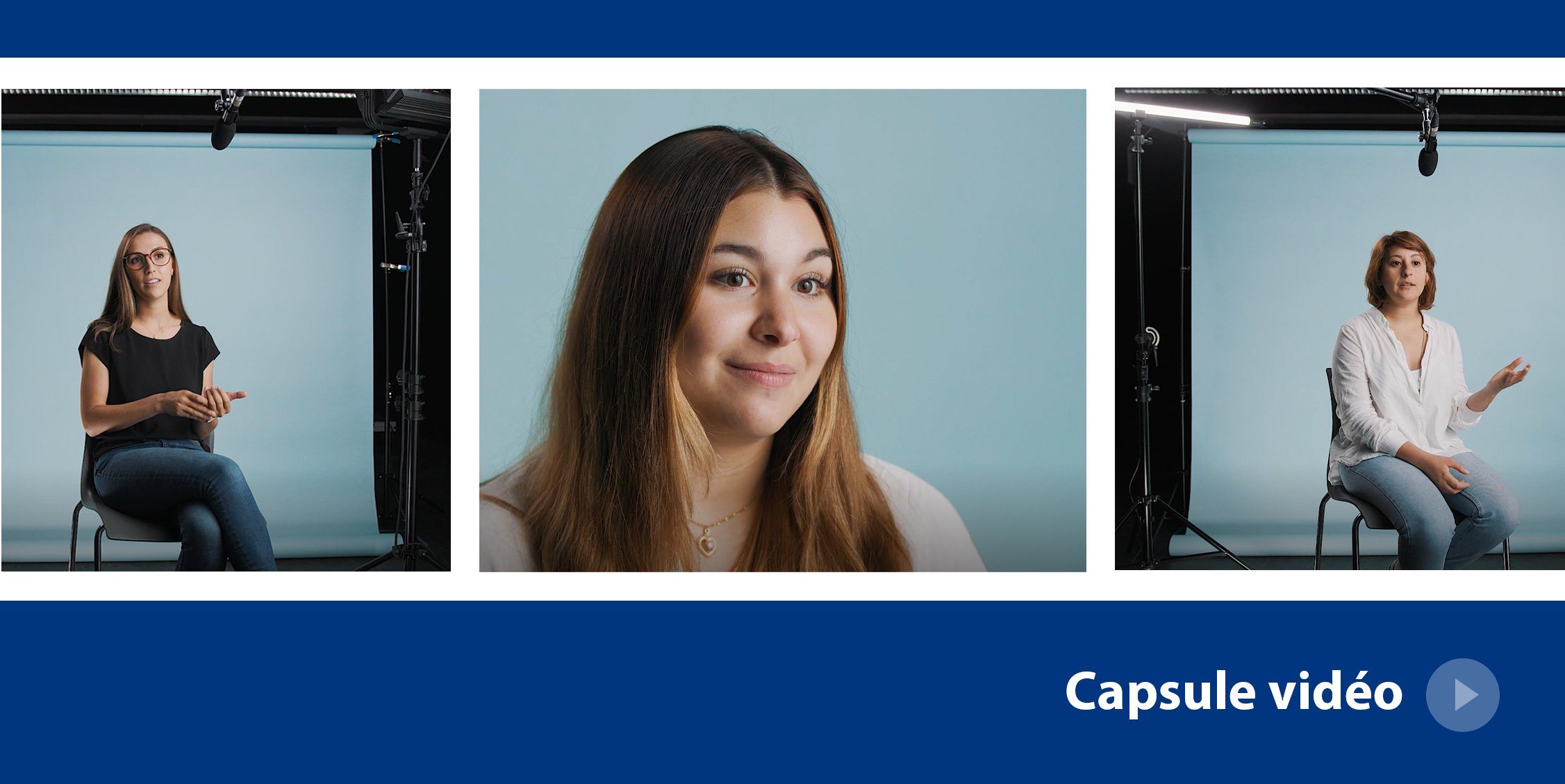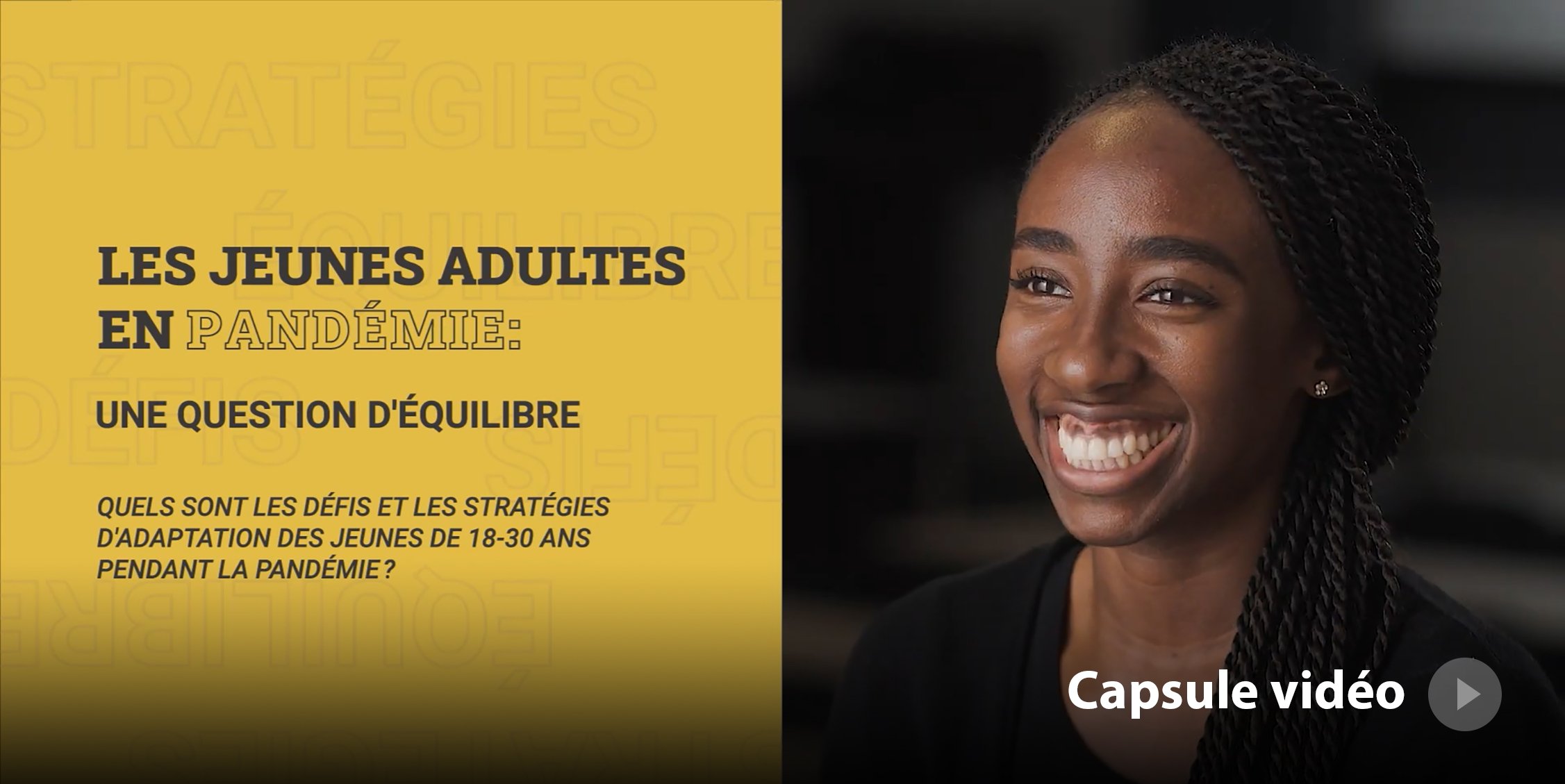
The purpose of the Chair is to support the social and professional integration, adjustment, and well-being of undereducated youths during their transition to adulthood in order to reduce social inequality among future generations. To this end, the Chair’s research projects are mainly aimed at describing the relationship between the needs and aspirations of such youths and the opportunities, services, and sources of support available to them. These issues are addressed in an intersectoral manner and are framed in theoretical and empirical perspectives. They are examined using quantitative, qualitative, and mixed approaches as well as new and existing data sources. Working in partnership with stakeholders and mobilizing knowledge are an essential part of the Chair’s activities.
About the PARCOURS PROJECT

The Parcours Project is at the heart of the Chair’s mission. Through this initiative, 545 youths from diverse backgrounds are followed during their transition from adolescence to adulthood, i.e., from the end of mandatory high school education (around 16-17 years of age) until they reach their mid-twenties. Throughout this pivotal period, we interview participants to learn more about their experiences in different walks of life as they pertain to work, education, personal and family life, relationships, social life, health, and adjustment, among others. We wish to thank the youths who participated in the different phases of the project, who were either still in high school (Phase 1, 2012-2016), beginning adulthood (Phase 2, 2016-2020) or in their mid-twenties (Phase 3, 2020-2024). This project was the basis for many of the laboratory’s publications.
About the APPLIED PROJECTS ON RESILIENCE AND POSITIVE DEVELOPMENT

The notion of resilience is central to the Chair’s mission. Its scientific activities are thus aimed at supporting various initiatives from public or community organizations offering services that may encourage positive development in youths in various areas, whether they be academic, professional, artistic, athletic, scientific, social, or community-related.
To illustrate this, we are assessing on an ongoing basis the La classe enchantée project, an extracurricular musical enrichment program aimed at promoting music and encouraging youths’ psychosocial and academic adjustment. This program is the fruit of a partnership initially established with the Commission scolaire de Montréal and the École des jeunes of the Université de Montréal’s Faculty of Music. Before the program’s large-scale implementation, the partners requested an interuniversity and intersectoral assessment to determine how the program achieves its objectives and meets the expectations of its various stakeholders.
For more details and examples of previously or currently assessed initiatives, see publications (see this article and this guide) and the students page.








